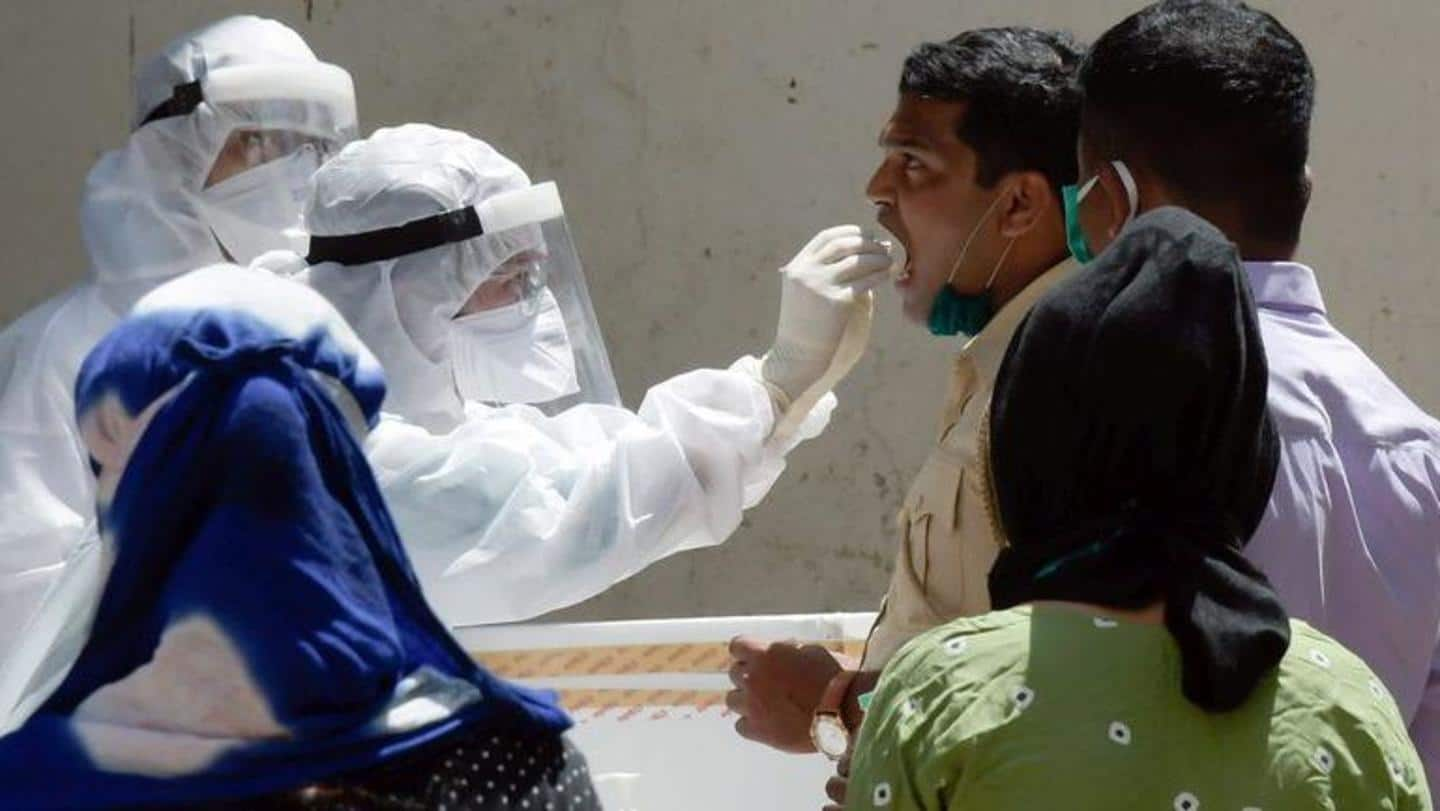
7.4 crore Indians exposed to coronavirus till August: ICMR serosurvey
What's the story
As many as 7.4 crore people in India, or about 7% of the total population, were exposed to the novel coronavirus till August this year, revealed the second nationwide serological survey by the Indian Council of Medical Research (ICMR).
It indicated that prevalence of antibodies against SARS-CoV-2 was found in one in every 15 individuals of the population (aged 10 and above).
Here's more.
Details
COVID-19 transmission expected to continue in most Indian states: Study
The findings of the second national serosurvey by the ICMR were published in The Lancet Global Health pre-print.
"The transmission of infection is expected to continue in most Indian states till the herd immunity threshold is achieved, either by natural infection or vaccination. While this threshold is unknown, most estimates place it above 50%," stated the findings.
Twitter Post
Here's what ICMR tweeted on the second serosurvey
National COVID-19 Sero-survey (2nd round) completed by ICMR. Results are available at Lancet Global Health pre-print https://t.co/ukPvQ1kWpk pic.twitter.com/GN1d4YXrcH
— ICMR (@ICMRDELHI) November 26, 2020
Seroprevalence
Seroprevalence of COVID-19 highest in urban slum areas
The ICMR's latest serosurvey revealed that the prevalence of COVID-19 antibodies was found to be the highest in urban slum areas, followed by urban non-slum areas and rural regions.
It also suggested seroprevalence in adults increased 10 times between May and August.
The study also indicated that one in nine persons who didn't report any symptoms of the infections actually had the SARS-CoV-2 antibodies.
Surveys
Infection to case ratios in August and May
In the second nationwide serosurvey, the ICMR reported 26-32 infections for each COVID-19 case diagnosed in August 2020, compared to 82-131 infections per case reported in the first national serosurvey conducted in May this year.
"Lower infection to case ratio in August compared to May reflects a substantial increase in testing across the country," the ICMR stated in the published report.
Testing strategies
Testing strategies to include people without known exposure, symptoms
In its report, the ICMR also emphasized the importance of expanding the COVID-19 testing strategies in the country in such a way that people without any known exposure or symptoms are also covered.
"Our data supports the expansion of testing strategies to include individuals without having known exposure or symptoms," stated the findings of the second serosurvey.
Universal prevention
Limitations of symptom-directed testing, importance of universal prevention
The ICMR also stated that only 3% of the people who have shown the prevalence of antibodies against the novel coronavirus had actually reported symptoms of COVID-19.
"We found only 3% of seropositive individuals reported COVID-19 symptoms highlighting the limitations of symptom directed testing and the importance of universal prevention methods," the report added.